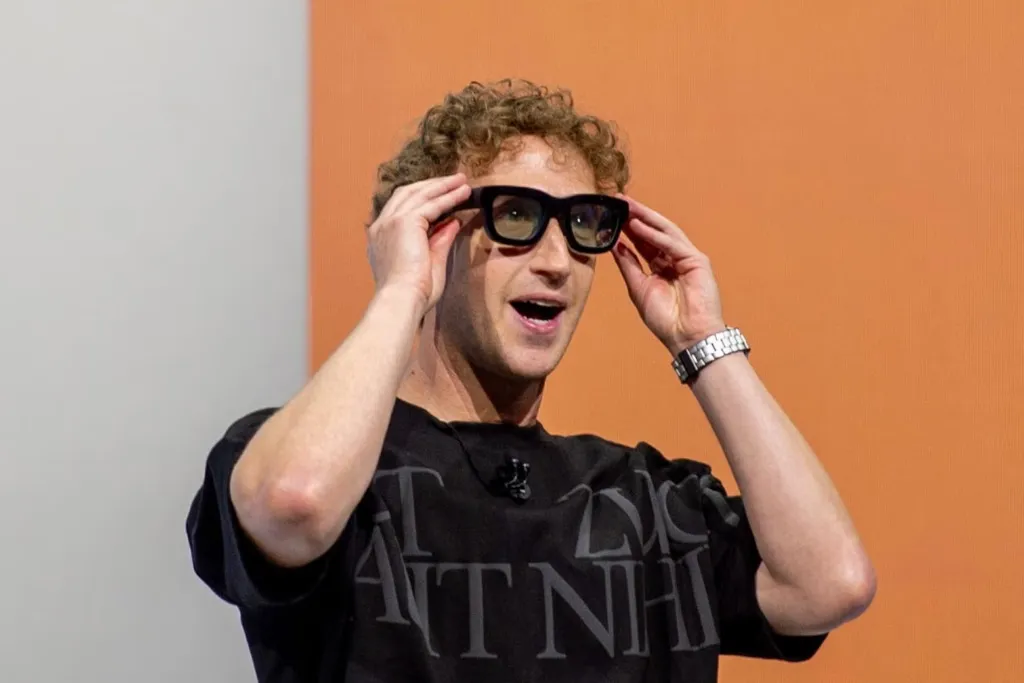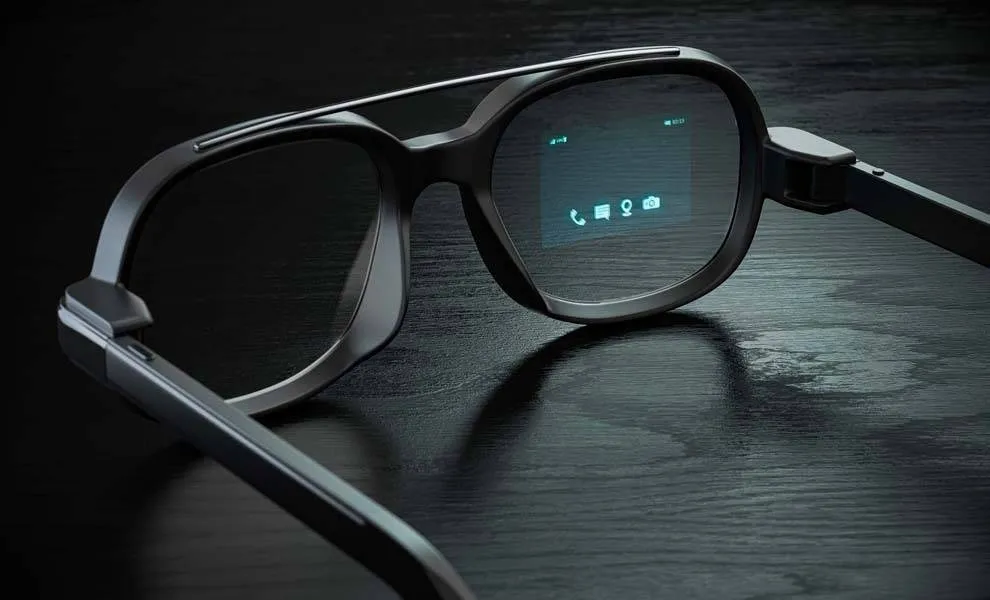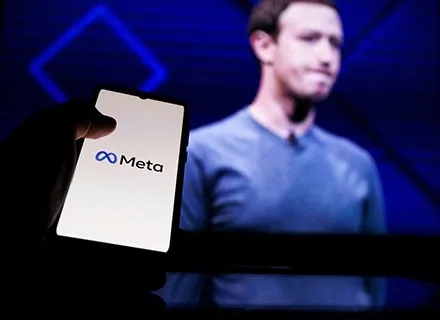Smartphones have dominated daily life for nearly 30 years, evolving from simple tools for communication to all-encompassing devices for work, entertainment, and more. However, Mark Zuckerberg predicts that in less than a decade, smart glasses will overtake smartphones as the main way people access digital information.

The End of Smartphones as We Know Them
Smartphones have been a staple in modern life, but their reign might be coming to an end. With increasing frustrations like screen fatigue and constant notifications, the idea of a hands-free, augmented reality experience is becoming more attractive. Experts believe that the next major innovation won’t involve improving smartphones, it will be about replacing them entirely. Zuckerberg envisions a future where smart glasses deliver all the digital content we need without the need to pull out a device.
The Rise of Smart Glasses
This shift is no longer a far-off possibility. Tech giants like Meta and Apple are already investing heavily in augmented reality (AR) wearables. Apple’s Vision Pro and Meta’s push for mainstream smart glasses are examples of this vision in action. These smart glasses will allow users to access digital information in real time without looking down at a phone screen.

Zuckerberg believes that, within ten years, smartphones will be used less frequently, with most people relying on smart glasses for daily tasks like texting, calling, checking the news, or even navigating streets. These glasses would replace the need for physical screens, allowing for a more seamless, hands-free experience.
What Makes This Shift Possible?
Advances in artificial intelligence (AI) and augmented reality are key to making this shift happen. Smart glasses won’t just display information, they’ll act as intelligent personal assistants, capable of voice interactions, translations, and digital enhancements of the real world. Imagine seeing directions projected directly in front of you or having a restaurant’s menu and reviews displayed as you walk by. Notifications and messages could appear in your peripheral vision, keeping you connected without distraction.
The Future of Smartphones
While Zuckerberg’s vision is bold, it’s unlikely that smartphones will disappear overnight. Current smart glasses still face challenges like battery life, processing power, and privacy concerns. The transition will be gradual, and some users may still prefer their phones, much like how some people continue to use desktop computers over laptops or tablets.

However, history suggests that when a new technology offers a more convenient alternative, it can make older ones obsolete. Just as mobile phones eventually replaced landlines, smartphones could eventually follow the same path becoming secondary devices, though not completely disappearing.
Whether excited or concerned about the change, it’s clear that the way we interact with technology is on the brink of a significant transformation.
